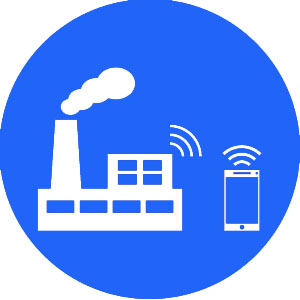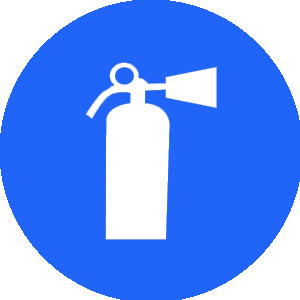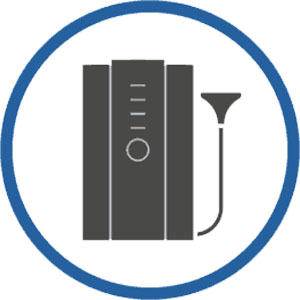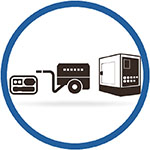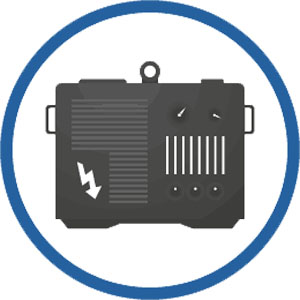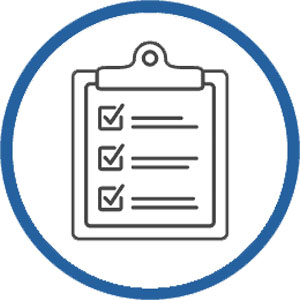Monthly Archives: January 2012
-
Posted: January 31, 2012Categories: News and BlogsRead more »
Typically, when we think of power failure, we think of a complete blackout. However, power failure can also mean that the quality of the supply is in some way inadequate, and each quality issue can
-
Posted: January 26, 2012Categories: News and BlogsRead more »
To ensure your business is protected against power failure you need to ensure you have a robust standby power system in place. To help you plan your system, we've compiled the following steps:
Stage 1: To ensure your UPS system gives you adequate protection, we'd recommend performing an initial risk assessment to determine how badly your business would be affected against power failure.
Stage
-
Posted: January 23, 2012Categories: News and BlogsRead more »
A standby power UPS (Uninterruptible Power Supply) system is essential if you want to ensure your business continues to operate in the event of a mains failure. To create your standby power strategy, you need to understand how a power failure will affect all areas of your business. For example, to a small business, a power failure could be nothing more than an inconvenience. But for a data centre, it can cost thousands of pounds and have a negative impact on the company's brand. Your standby power strategy should cover all your computer rooms, servers and communications equipment. Think about: Telephones, Emergency lighting, Fire protection, Access control, Cooling for computer rooms and servers as well as Auxiliary power for the building's lifts.
Need some help?
If you want to talk about your standby power requirements,












